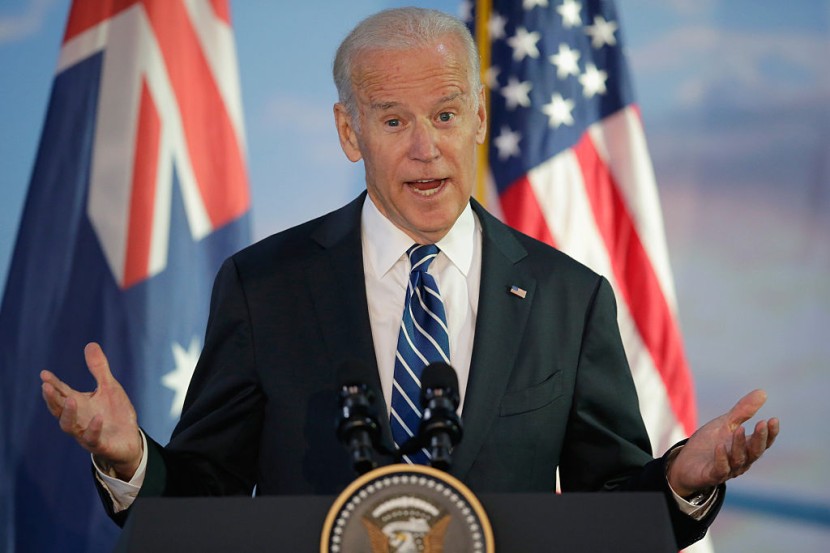
On Thursday night, the official White House Twitter account, @WhiteHouse, took a combative turn from its usual fare of sober infographics and quotes from moderate government speeches.
The White House account responded in six tweets to a Republican congressman's criticism of President Joe Biden's student loan plan by quoting the amount of forgiven loans that congressman had accepted as part of the Paycheck Protection Program, which was created to assist businesses during the coronavirus pandemic.
White House Shames GOP Critics of Biden's Student Loan Plan
The formula was straightforward and widely used on social media at the time, but considering the source, the tone was extremely sharp. Twitter users praised the tactic, writing, "This is the best White House trolling ever!" one wrote.
Per NY Times, the federal debt assistance that opponents of student loan forgiveness have received was not originally brought to light by the White House. People and activists discovered the loan information of opponents on open databases shortly after the plan's announcement on Wednesday and publicized it online.
Congresswoman Marjorie Taylor Greene had $183,504 in PPP loans forgiven.https://t.co/4FoCymt8TB
— The White House (@WhiteHouse) August 25, 2022
One specific image, which listed the seven more members of Congress in addition to the six Republicans the White House had named as having received debt forgiveness ranging from $38,000 to $4.3 million, was widely distributed.
The two loans are not quite similar when compared. Effectively, the PPP loans were created to be forgiven. To promptly disperse funds to companies that were having trouble during the early years of the coronavirus pandemic, the federal government granted them without the usual process of screening for business loans.
The low-interest loans, which were forgiven as long as the money went to allowed expenditures, were available to nearly any business with 500 or less employees Additionally, the amounts obtained by the representatives' companies through this scheme were far greater than any one person would receive through the student loan forgiveness program, which will erase up to $20,000 in loan debt for those with incomes below a certain threshold.
The White House asserted on Friday that President Biden's plan to lower student debts for millions of debt-ridden former students will cost $240 billion over the next ten years, which is far less than other independent assessments.
Biden's Student Loan Forgiveness To Cost $240 Billion
The sum represents the first time the White House has put a cost on an endeavor that it thinks will start to fulfill a campaign promise in front of the midterm elections, as per NY Post.
Even though experts said the bailout would aggravate America's precarious economic condition and unfairly harm blue-collar people, President Biden made a stir when he announced the debt giveaway on Wednesday.
The Penn Wharton Budget Model predicted earlier this week that a one-time debt forgiveness scheme of $10,000 per borrower earning less than $125,000 annually would cost taxpayers over $300 billion, rising to $329.7 million if the window is extended over the following 10 years.
Similar to this, the nonpartisan Committee for a Responsible Federal Budget's evaluation places the cost over the following ten years at about $360 billion. According to a "preliminary estimate" from the White House, which was based on participation rates for earlier, smaller-scale federal student loan relief programs, it is assumed that only 75% of those who are eligible will take advantage of the loan reduction. This explanation for the discrepancy of about $100 billion.
According to USA Today, other debt relief programs, like the Public Service Loan Forgiveness program, could completely erase some borrowers' debt. The Education Department has loosened some of the program's requirements through October 31 and is inviting qualifying borrowers to sign up.
The amount of money that the federal government projects student loans to earn or lose may also change over time. A report from the Government Accountability Office published in July estimates that the Education Department would lose almost $200 billion on student loans that the government has granted over the preceding 25 years.
The accountability office said that modifications to the scheme, such as the freezing of student loan payments, increased the amount of the loans from what the Education Department had originally anticipated would be made on them. It said that adjustments to borrowers' income can have an impact on the sums paid to the government.
© 2025 HNGN, All rights reserved. Do not reproduce without permission.








